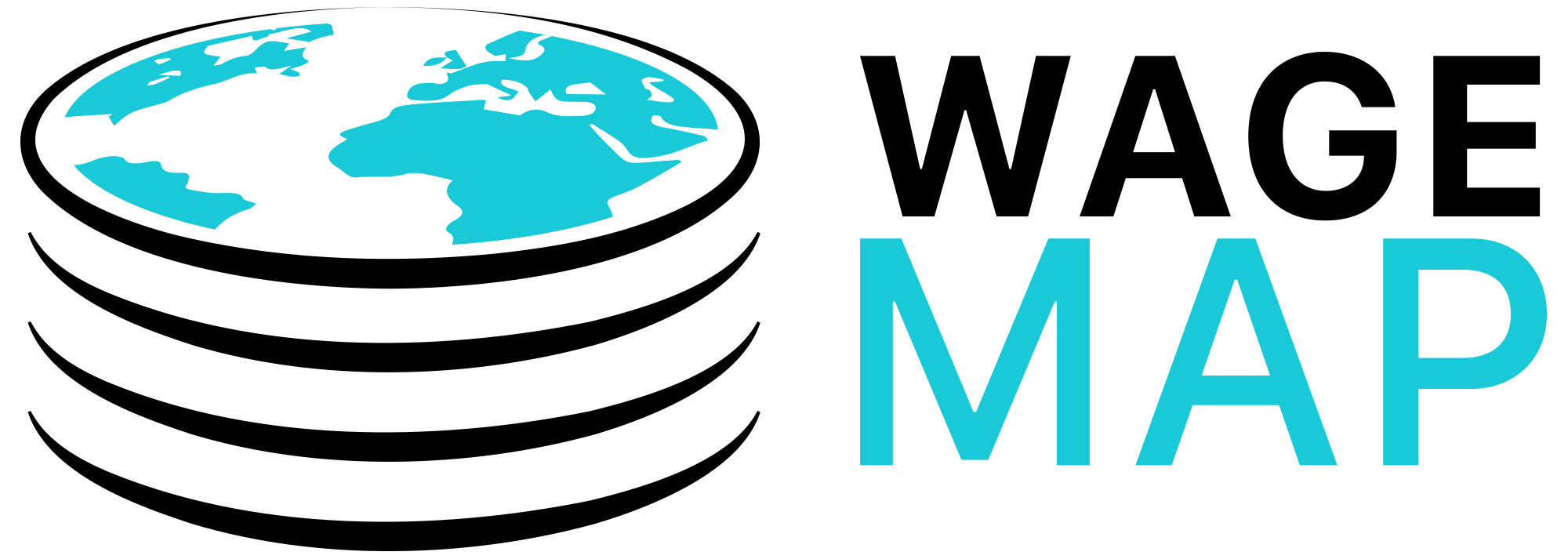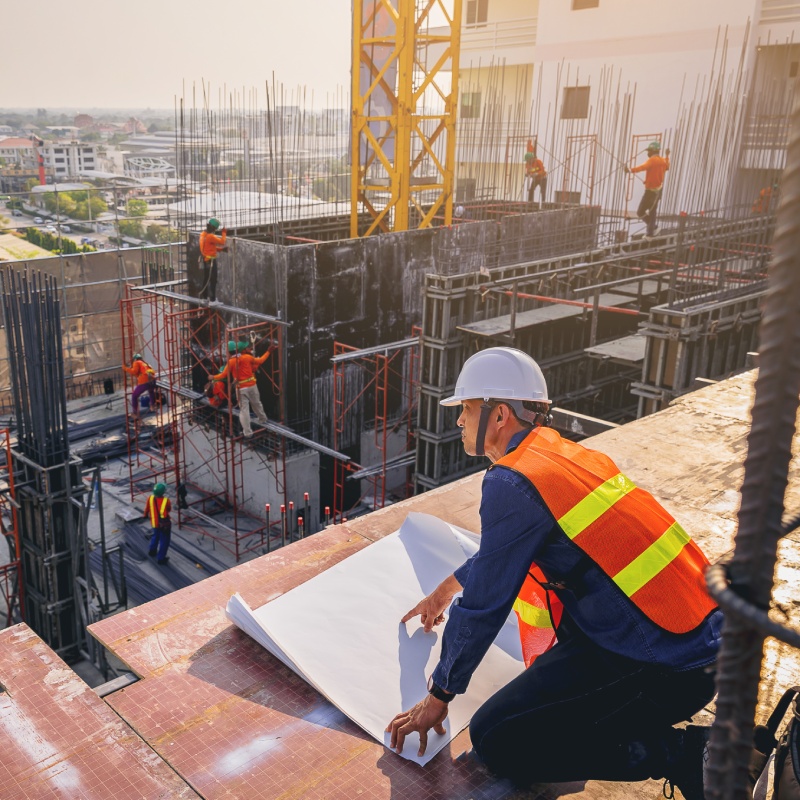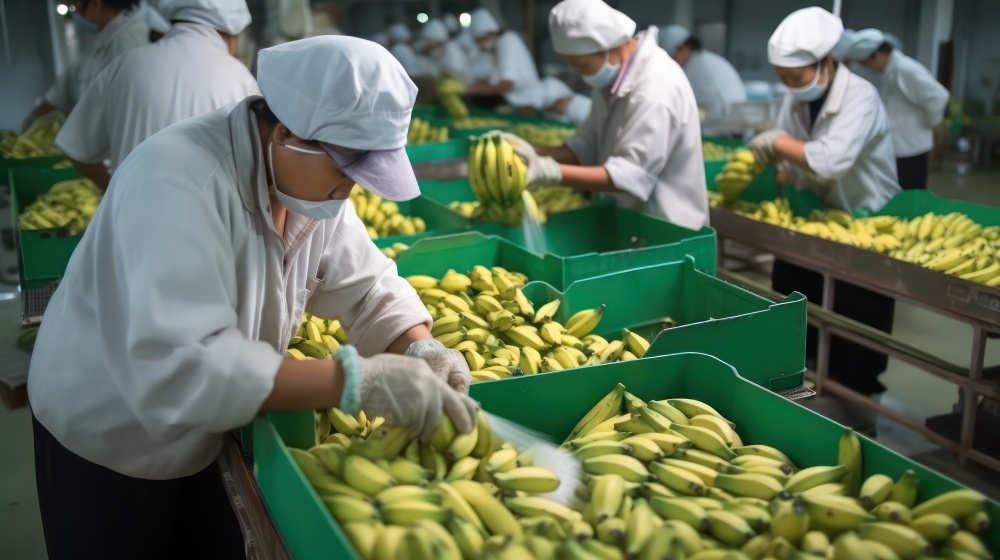


WageMap is a consortium of living wage data and service providers that have come together to drive alignment across living wage methodologies and frameworks.
Over 2024-2025, we will establish a credible and representative living wage reference standard which assesses existing benchmarking methodologies to produce globally comparable, locally specific living wage benchmark data. In this way, we aim to accelerate the transition towards closing the gap between prevailing wages and living wages – globally.
WageMap is founded by six organizations: BSR, the Loughborough University Centre for Research in Social Policy, Living Wage For US, Inc., the Living Wage Foundation, NewForesight, and Wage Indicator.
Every individual deserves the right to a decent standard of living. But there are additional reasons of closing the living wage gap:
Persistent wage gaps increase economic inequalities, creating a cycle of poverty.
Workers who are not paid fairly experience low morale, leading to reduced productivity.
The root causes of labour risks such as child labour, forced labour and unsafe working conditions are often linked to inadequate wages.
Due to financial desperation, workers often find themselves compelled to engage in environmentally harmful practices.

There is growing momentum in the global living wage movement, reflected in the range of stakeholders committing to closing the gap. WageMap intends to engage the following stakeholder groups:
While WageMap plays no role in wage-setting processes, our aggregated dataset of publicly available living wage estimates can be used as a tool to support data driven collective bargaining for workers and trade unions . The voice of workers and workers representation is a critical component of our Living Wage Reference Standard.
Employers can contribute to the development and testing of new tools and services for implementing and reporting on living wage, and learn how to integrate these into global reward strategies.
Businesses and investors are increasingly adopting living wage policies as part of their social responsibility efforts, recognizing the long-term benefits for both employee well-being and brand reputation.
Governments worldwide are promoting living wages in response to advocacy. At the global level, the International Labour Organization has recognized the concept of a living wage and committed to assisting member states in closing the gap – and promote incremental progression from minimum wages to living wages.
Platforms and Multi-Stakeholder Initiatives are uniting diverse actors from business, government, and civil society to collaboratively advance the global living wage movement, highlighting a shared commitment to equitable labor practices.
Consumers are becoming more conscious of ethical purchasing decisions, actively supporting legislation and brands that commit to paying living wages, thereby influencing market dynamics towards fairer labor practices. Similarly, non-profits at the local and global level are driving powerful alliances and accelerating the implementation of living wages through various projects, programmes and campaigns.
Calculation of living wage should not be a ‘top-down’ effort that dictates to local alliances how they should approach benchmark calculation. Living wage estimates should be informed by local experts and communities. New and growing living wage alliances should have access to reliable living wage data to make informed decisions about adjustments needed for local specificity. WageMap will seek input from local stakeholders about what ‘national ownership’ of living wage means to them in the context of ILO living wage principles
A Launch Partner can be an employer, policymaker or a non-profit organization that takes proactive steps to advance the cause of living wages, both within their organizations and in the broader community or industry.
Launch Partners play a crucial role in driving positive change and raising awareness about living wages.
Questions? Please address communication to the Project Management Office:
